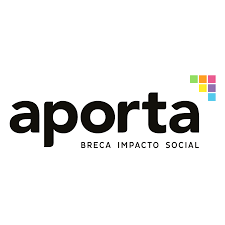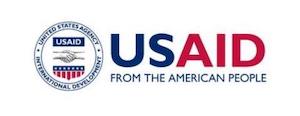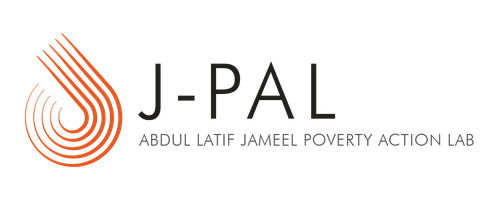Can Smartphone Applications Help Caregivers Improve Early Childhood Development in Peru?
Children who grow up in environments that attend to their physical, cognitive, and socioemotional development are more likely to reach expected learning achievements in school, putting them on track to complete basic education, foster deeper relationships, and earn higher incomes in the future. In 2019, prior to the COVID-19 pandemic, 43 percent of children under 3 years of age in low- and middle-income countries were at risk of not reaching their full development. In Peru, over 50 percent of children aged 9 to 36 months did not possess communication skills equivalent to their expected level. The negative effects of COVID-19 on household economic and health wellbeing has likely made it even more difficult for populations to achieve early childhood development goals.
With the onset of COVID-19 in Peru, Cuna Más — the national early childhood development program implemented by the Ministry of Development and Social Inclusion — adapted its content to provide caregivers with parenting resources and tools for their child’s wellbeing via WhatsApp and social media. This digital modality continued as in-person childcare centers reopened. In parallel, APORTA – a Peruvian social organization – developed an evidence-based mobile app, VOLAR, which builds on the Cuna Más program by communicating via videos, images, activities, and audio content to support early childhood development.
This project brings together the government and APORTA to develop an app-based complement to the existing Cuna Más at-home daycare program. The intervention will integrate the Volar app, text messaging, and learning groups to allow caregivers to learn, interact, and share information with one another. The researchers will measure the intervention’s impact on early childhood development outcomes. A total of 240 daycare centers in the Cuna Más program will participate and 2400 households will be followed. Households will be divided randomly to receive either at-home daycare and usage of the Volar app; at-home daycare, usage of the Volar app, and parent learning groups; or regular daycare. Depending on the impact achieved, Cuna Más will consider scaling the program nationally.
Results will be available in 2025.















